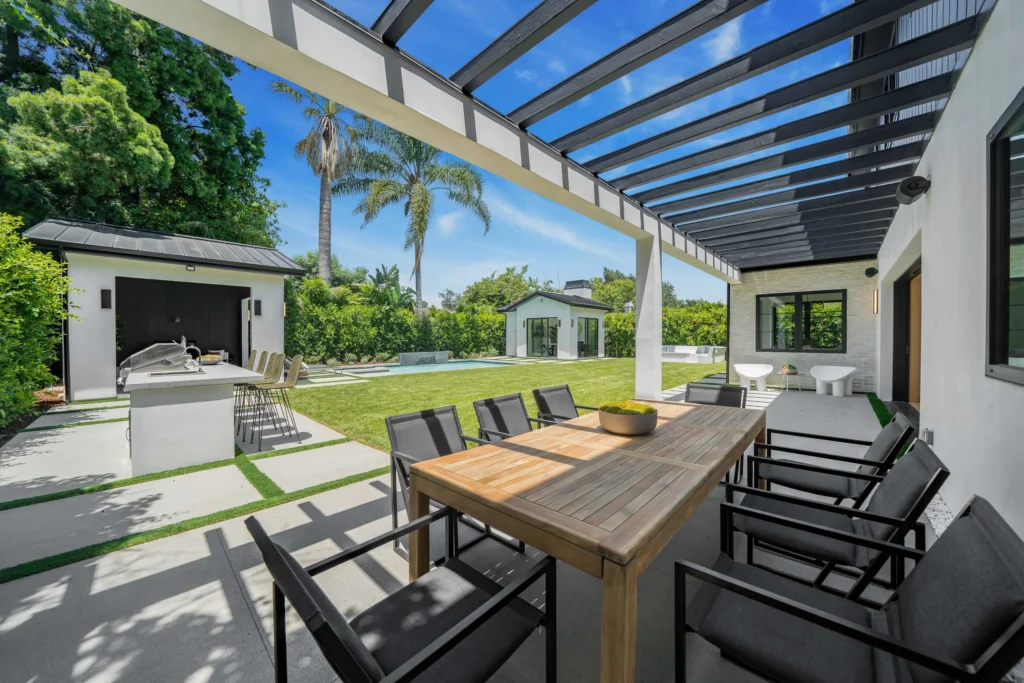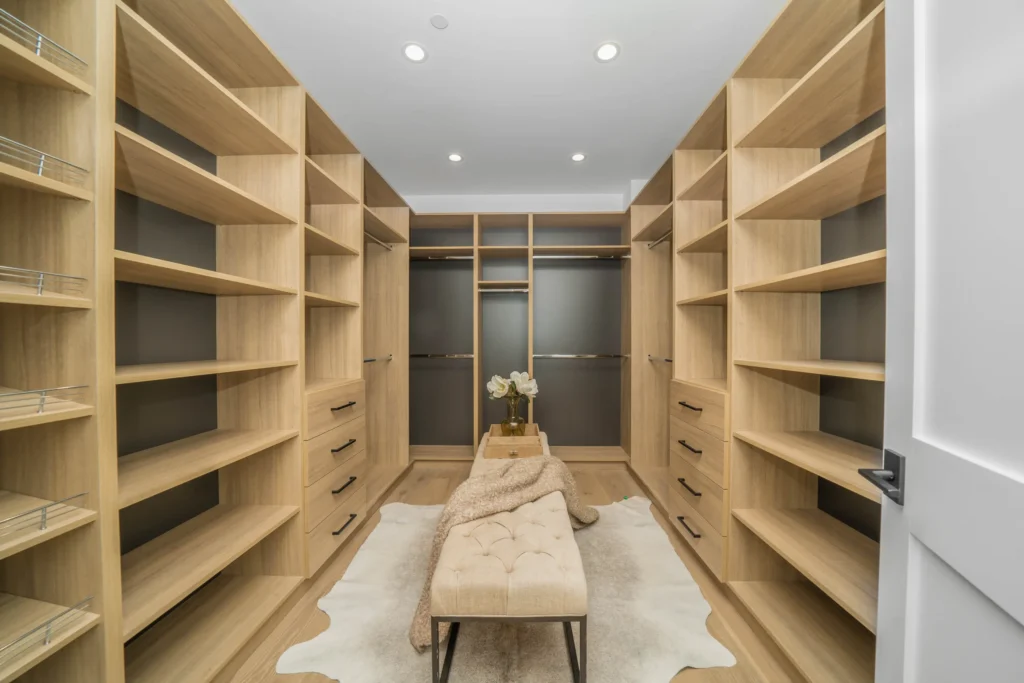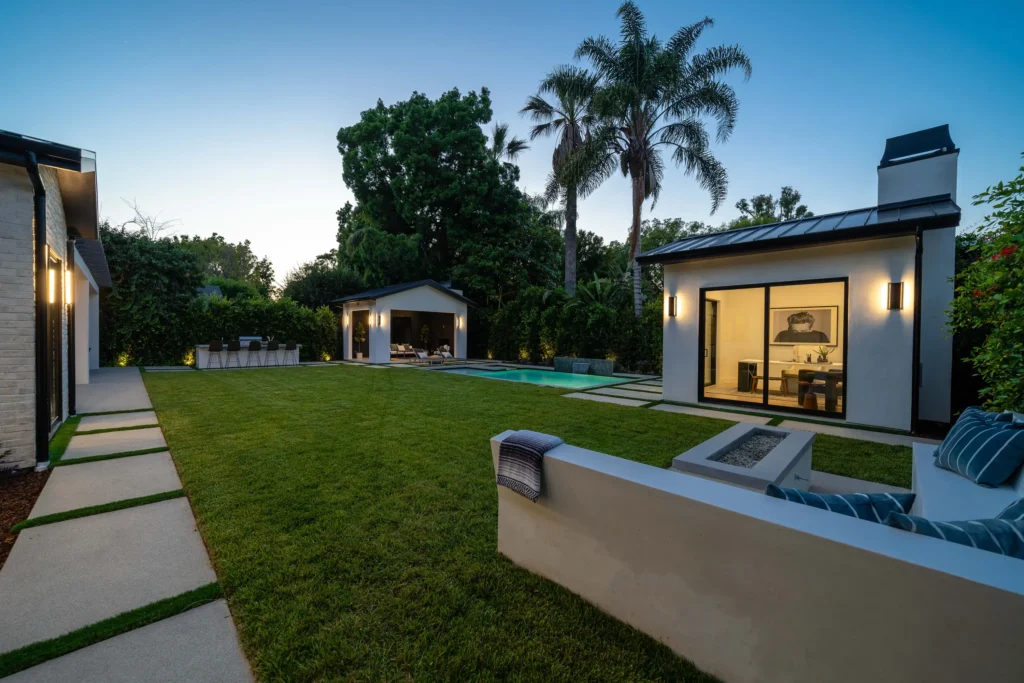The Basics
Can I rent out my ADU in LA?
Yes, you can rent out your Accessory Dwelling Unit (ADU) in Los Angeles. However, it’s essential to understand the necessary requirements and guidelines to ensure you comply with all local regulations. This includes obtaining the proper permits and adhering to safety and building codes.
Short-term rentals
In July 2019, Los Angeles introduced an ordinance that allows homeowners to rent their ADUs on a short-term basis. To participate, hosts must register with the city and display their unique registration number on all rental listings. The Home-Sharing Ordinance outlines the requirements, and registration is done through the city’s online portal.
Only ADUs with a certificate of occupancy issued by the Los Angeles Department of Building and Safety (LADBS) before January 1, 2017, are eligible. For stays between 1 to 29 days, a home-sharing permit is required before listing.
Key criteria for short-term rentals include:
- Primary Residence: The property must be your primary residence for more than six months of the year. Proof of identification and residence, such as a photo ID, is required.
- Affordable and RSO Housing Restrictions: Properties under the Rent Stabilization Ordinance (RSO) or with affordability covenants are not eligible.
- Residential Use: Short-term rentals are not allowed in non-residential structures.
- No Pending Citations: The property must be free of outstanding violations from any city enforcement agency.
- Landlord Approval: Renters need written, notarized approval from their landlord.
- Transient Occupancy Tax (TOT) Registration: Hosts must list their property on platforms with a Platform Agreement with the city or register to pay TOT directly.
For year-round rentals, you can apply for an Extended Home-Sharing permit, valid for 365 days. This requires prior registration for six months or hosting for 60 days and incurs an annual renewal fee of $982.
Long-Term Rentals
For long-term rentals, the Los Angeles Housing Department states that if your ADU complies with the RSO and fees are paid on time, there should be no additional requirements. However, properties with ADUs under RSO jurisdiction must pay an annual registration fee of $38.75 per unit. It’s essential to check with local authorities to ensure compliance.

Rental Permits and Regulations
Navigating the legal landscape is crucial when planning to rent out your ADU. Important considerations include:
Home-Sharing Ordinance: Required registration and adherence to city guidelines for short-term rentals.
Rent Stabilization Registration: Compliance with RSO regulations if applicable.
Building an ADU for Rent
Before building an ADU for rental purposes, you must adhere to various regulations, such as zoning requirements, building permits, size restrictions, and parking considerations. Here are some key points:
- Zoning Regulations: Ensure your property is zoned for ADUs and check for any specific restrictions.
- Permitting and Building Codes: Obtain necessary permits and comply with local building codes to avoid penalties.
- Size and Design Restrictions: Be aware of any limitations on the size and design of ADUs.
- Parking Requirements: Some areas may require off-street parking for ADUs.
- Owner Occupancy Rules: In some jurisdictions, homeowners must reside on the property for at least six months annually.
- Rental Regulations: Understand local rental laws, including rent control if applicable.
- Historic Preservation Rules: Check for additional requirements if your property is in a historic district.
- Fire and Safety Requirements: Ensure compliance with fire safety regulations.
- Homeowners Association (HOA) Rules: Check with your Homeowners Association for any guidelines.

Profit, Expenses, and Taxes
How Much Should I Rent My ADU For?
Several factors influence rental prices for ADUs in Los Angeles, including market demand, size, amenities, location, and condition. By analyzing historical rent data and conducting market research, you can set competitive yet profitable rental rates.
Recurring Expenses for Landlords
Owning an ADU involves ongoing costs such as maintenance, insurance, property management, property taxes, and utilities. Consider these expenses when calculating potential profits.
Tax Implications
Understanding the tax implications of renting an ADU is crucial. Consult with a tax professional to navigate these complexities and ensure compliance.

For personalized support, connect with KN Remodeling. Whether you’re a seasoned investor or a first-time landlord, we’re here to help you turn your ADU vision into reality. Contact us today to schedule a consultation and start your ADU project.

